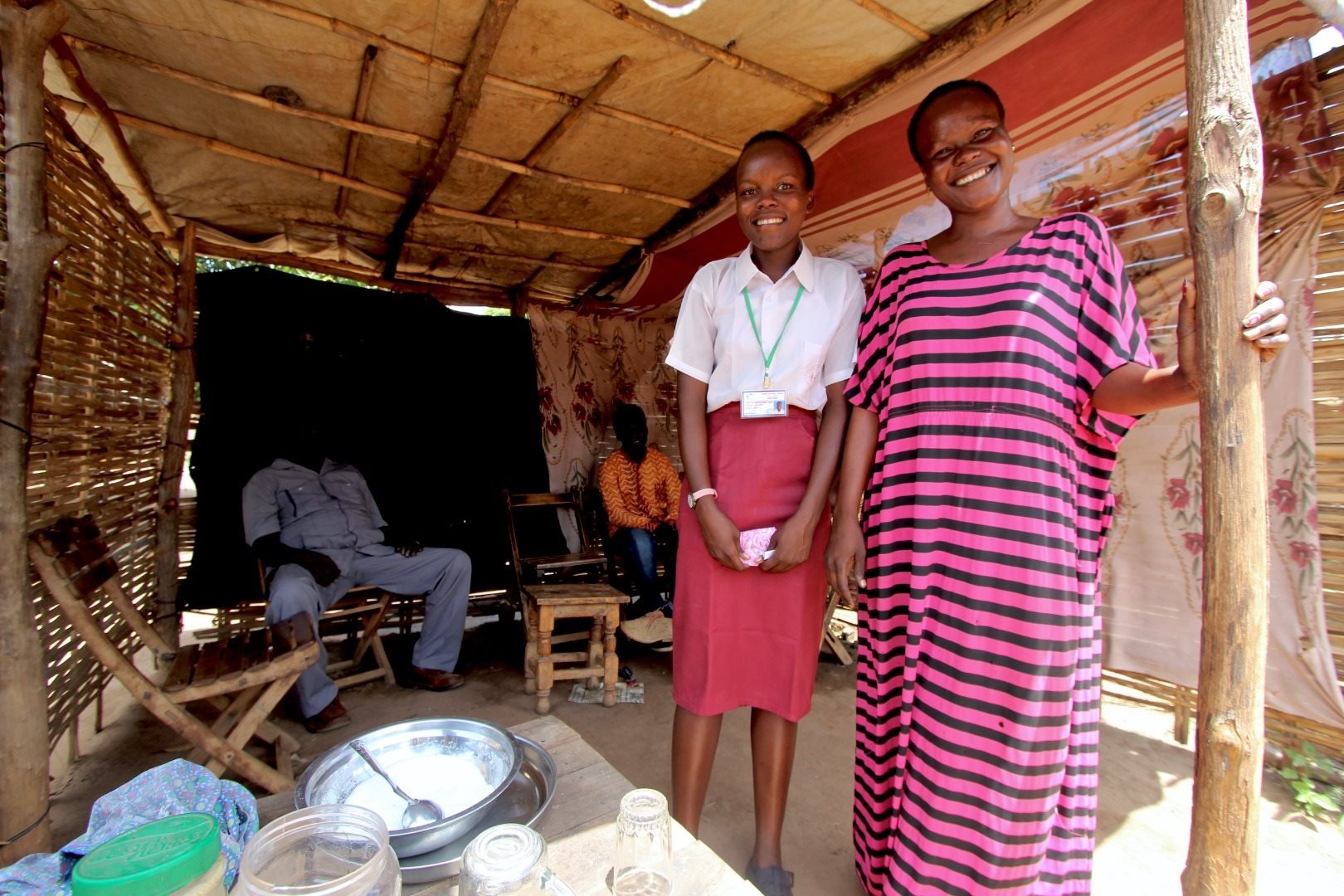
Expert insights on issues that transform business, increase sustainability and improve lives
Topics that matter
Here’s a snapshot of what we’re thinking about. Explore these highlights or view the full library to dive deeper into the ideas shaping our work.

Meet some of our passionate problem-solvers, constructive creatives and inspiring innovators

Enterprising mother and daughter benefit from GESS cash transfer

Nyayo means ‘good things’ in Balanda – a language native to South Sudan’s northwestern Wau area – and that is exactly what 18-year-old Nyayo Rejoice says cash transfers from the UK aid-funded Girls’ Education South Sudan programme (GESS) brought her.
Cash transfers are direct payments made to girls regularly attending school. The girls use the money to buy things they need for their lessons or support their family, helping to remove some of the barriers that prevent them from regularly attending school. In its first five years, GESS distributed cash transfers to 295,000 girls.
Nyayo is now in her fourth year at Loyola Secondary School in Wau, having received GESS cash transfers in 2016 and 2017. After she had spent some of the money on soap and sanitary towels for herself, Nyayo had a small amount left to invest into a bakery business for her mother, Marta.
Nyayo has seven siblings and had seen how much her mother struggled to scrape together enough money for all of their school fees. The small amount of money that Nyayo was able to give her mother, allowed her to bake and sell bread. With the profit from this, Marta was able to buy more flour and bake more bread, eventually earning enough to build a stand outside her house where she could also serve tea. “Before that I was not earning anything. When school opens, the profit that I have saved, I used to support the children.”
Marta’s enterprising spirit has inspired Nyayo. “I am looking forward to finishing my examinations. I would actually invest the money. I can use the money to do some short courses. I could do computer course or some other small trainings that can help me. They say that ‘an idle mind is the devil’s workshop’, so these courses will keep me busy in the holidays.”
Marta added, “I want to say that I have not been to school – I have only read little. Now I am struggling to send all of my children to school. I want to tell other children that they should not leave school. School is good. School is the future. I hope that all girls can go to school, study hard and leave with good jobs. I want them to be governors, to go abroad, to have big dreams, to be the President! When I was young, I had the plan of becoming a lawyer because I love politics. I love when women are being empowered and they’re in some top, top positions.”
Although Marta was not able to fulfil her dream, she still wants to help to empower girls by telling everyone about the importance of giving their daughters an education. “I can also do something to support girl child education like GESS is doing here.”
There are many barriers preventing girls from going to school in South Sudan, but GESS research shows that the financial barriers are the greatest, and that apparent social barriers often have a financial basis – in the case of early marriage, girls are seen as a source of wealth through a dowry. Cash transfers help to remove these financial barriers and GESS specifically targets girls in upper primary and secondary schools – those most at risk of dropping out.